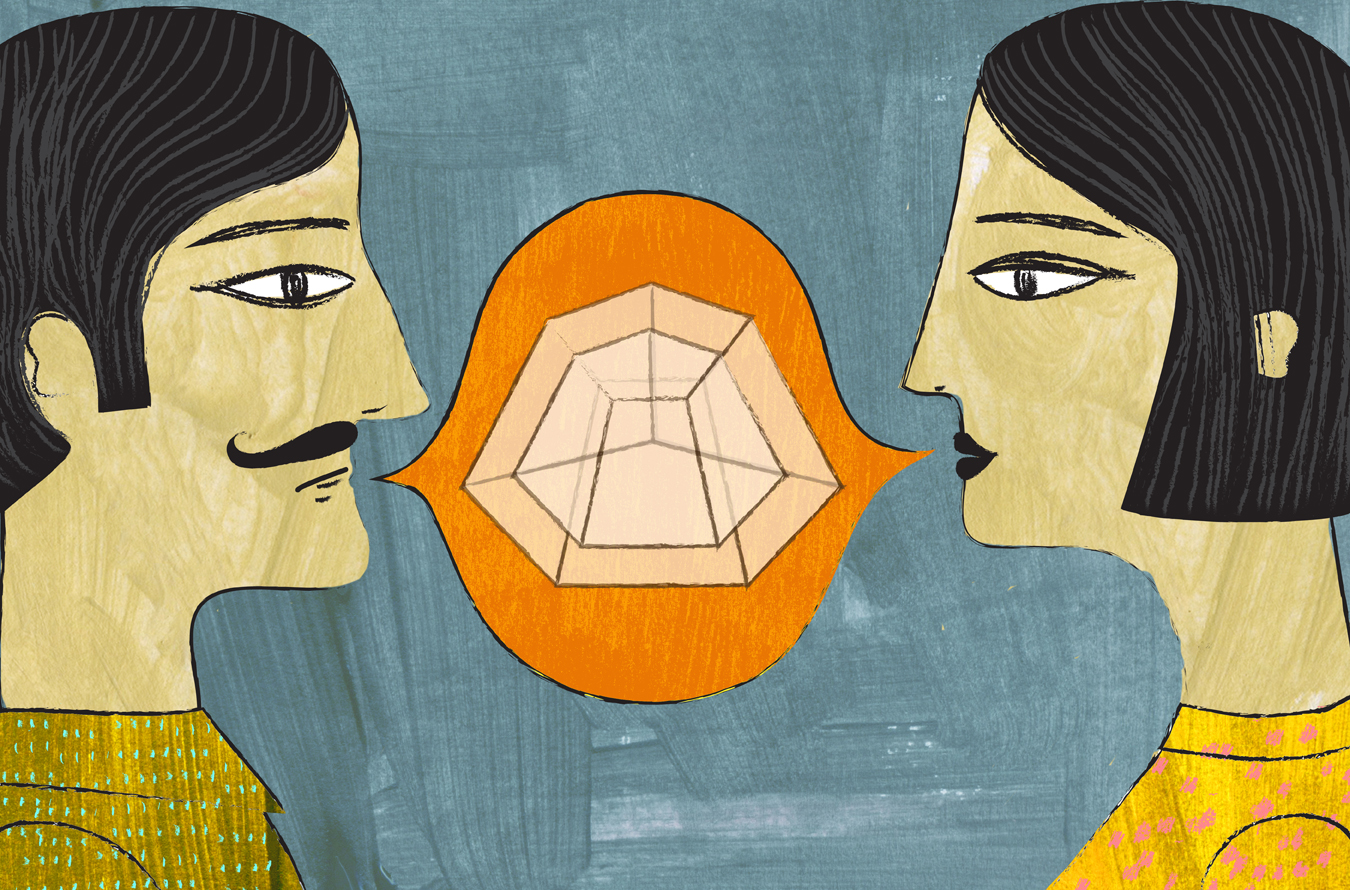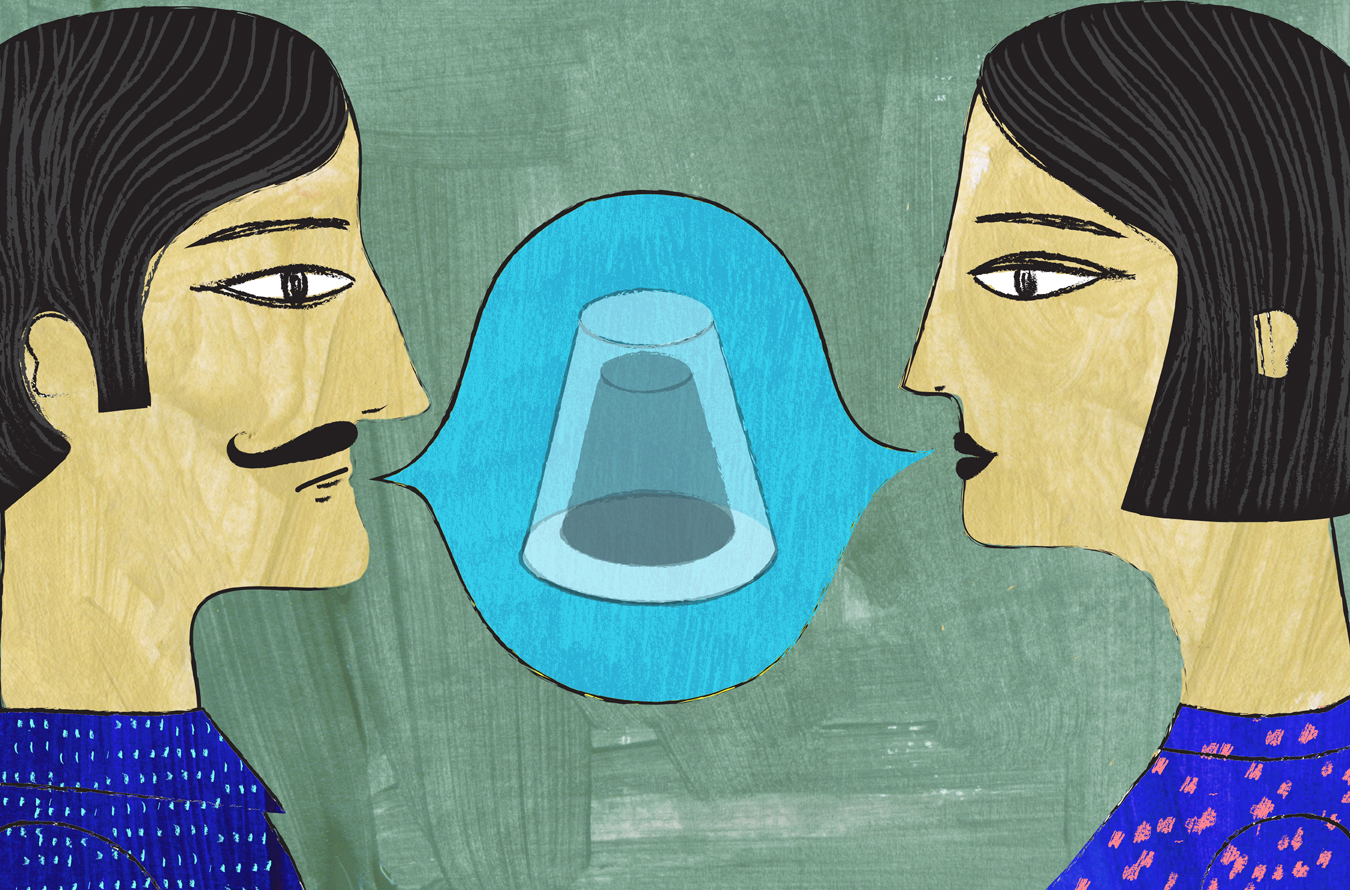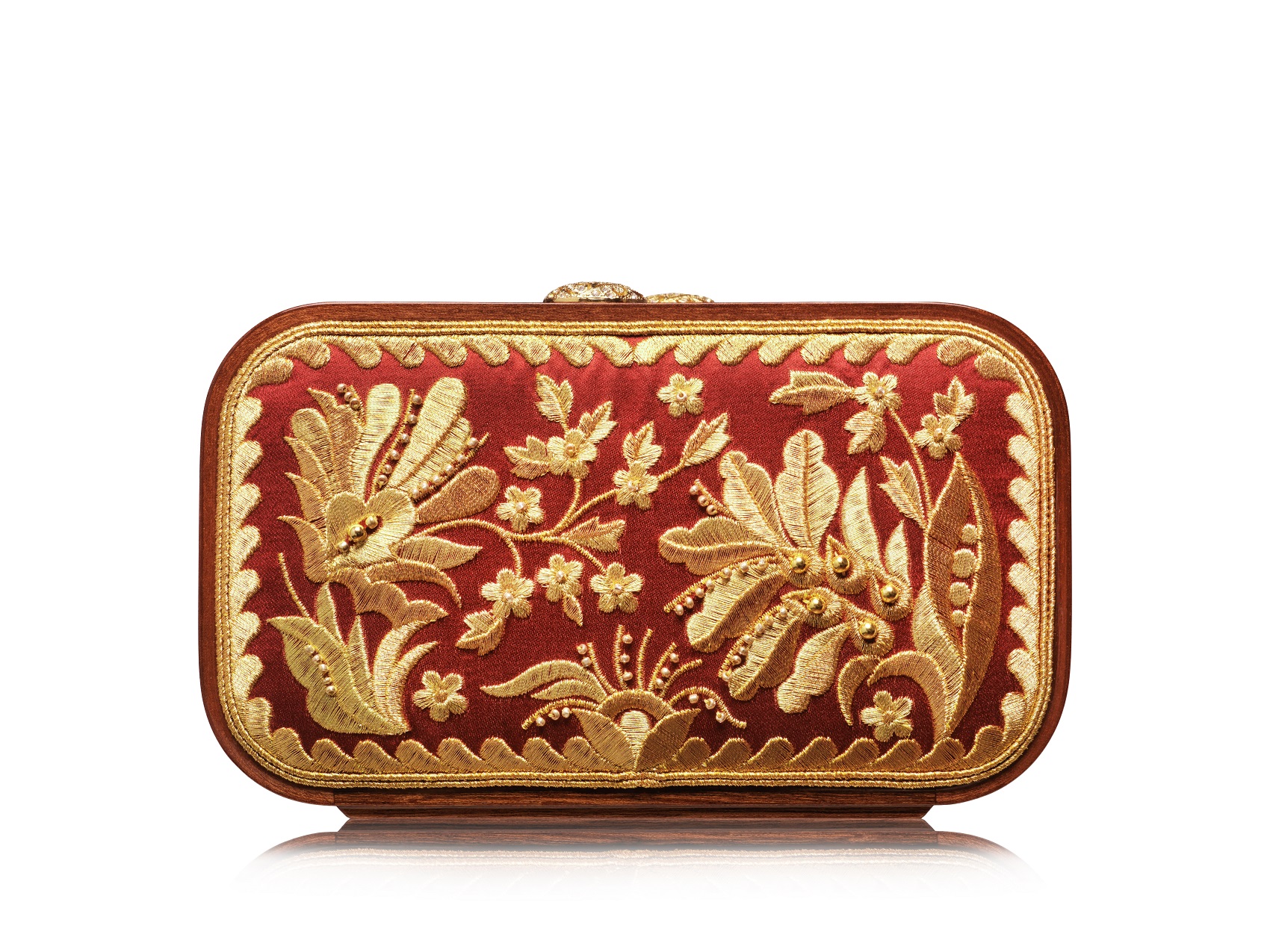Conversation Piece XVI
A weekly series.

It’s subtly different, eh? The New York Times has gamely participated in every Canadian’s favourite indignation by posting an article that is not but may as well be titled, “So, Canadian Thanksgiving is Different. What’s up with that?” In it, eternal questions are raised about what, exactly, Canadian food is. NYT suggests we devise a national dish with a vivid backstory (getting right on that) and questions the history behind our day of thanks (which… good point). Looks like we just borrowed a holiday and lacquered it with moral superiority, then, folks. Whatever, pass the pie then read more here.
Crazy in love. Can psychopaths truly be happy? Considering their lack of remorse and tendency towards personality traits linked to happiness (i.e. self-gratification and narcissism), psychopaths should have no issues cracking a smile. Yet Mark Holder at the University of British Columbia Okanagan and grad student Ashley Love have published a study examining the critical importance of healthy social relationships—which becomes problematic when considering the constant lying and manipulation typically exhibited by psychopaths. Holder hopes these findings can help improve psychopaths’ relationships. Perhaps they can be taught how to love—or at least how to fake it? Find out here.
The forgotten constellations. Look up at the night sky and you’ll no doubt find familiar constellations: the Big Dipper always greets you, and Scorpius’ tail never fails to be poised. However, when the 88 constellations were decided upon in 1922, many faded into obscurity, like Testudo the Tortoise and Manis the Pangolin. Since these constellations never saw the light of day, independent publisher Ninepin Press is putting the spotlight on them in the form of 15 beautifully illustrated playing cards, each paired with a poem. Need obscure celestial guidance? Turn to the cards.
Better together. One negative side effect of the modern North American nuclear family is it often leaves elders to age in solitude, or in care facilities amongst strangers. But, surely there is a better option, Douglas Tindal writes in the Globe and Mail. Perhaps sharing space with one’s friends throughout one’s golden years should be more common; after all, community is vital to health—while independence is simply a modern ideal. Read more.







